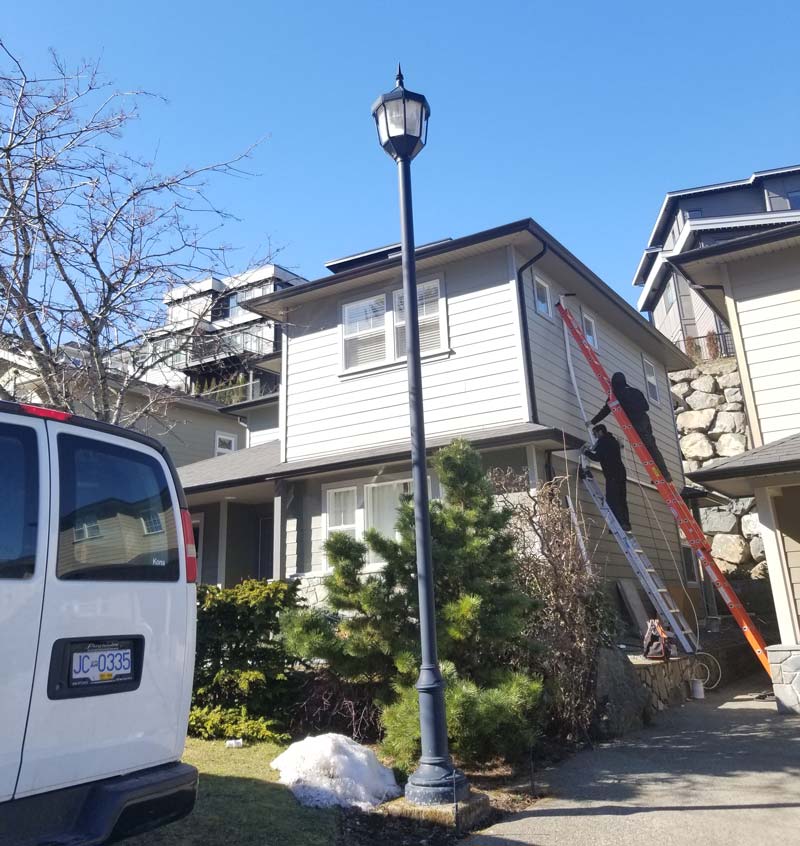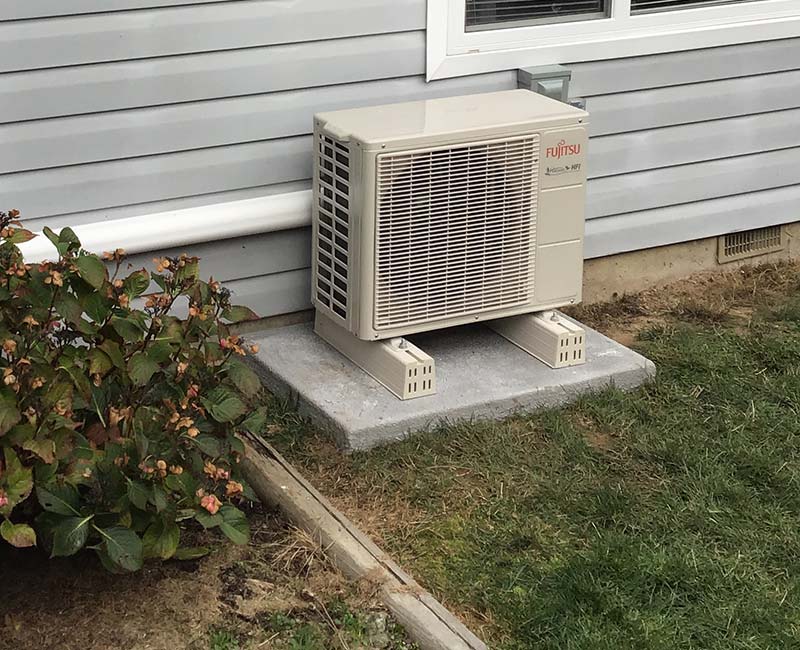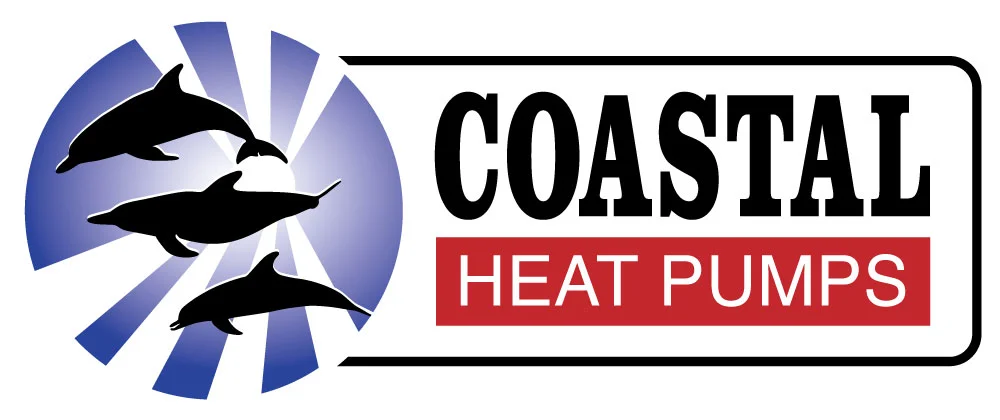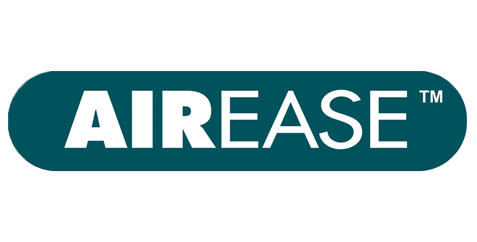Frequently Asked Questions
If you don’t find an answer to your question below contact us we love talking heat pumps!
A simple analogy to explain how an air source heat pump works, is to think about your refrigerator. In order to keep the cool air inside your house a heat pump takes outdoor air and converts it to your desired temperature. By using a reversing vale, a heat pump has the ability to make the reverse true as well. You can take the air from outside, and turn it into warm air inside of your house. Heat pumps extract heat from outdoor air and transfer it into your home. Even in winter, there is enough heat outside to make this process work. In the summer, the heat pump works in reverse, like an air conditioner, exchanging hot indoor air with cool air from outside.
The most common heat pump systems consist of a stand-alone outdoor unit and an indoor unit attached to your existing oil, gas, or electric furnace, which acts as a backup heat source on those below zero days when it’s less efficient to extract heat from outside. Because they move heat rather than generate heat, heat pumps can provide up to 4 times the amount of energy they consume, making them an extremely efficient, affordable heating and cooling system.
There are two types of heat pumps: air-source and geothermal heat pumps. Air source heat pumps extract heat from the air, while geothermal source heat pumps extract heat from the ground or a body of water (like a pond or lake). They can do this because the temperature underground and underwater remains relatively constant regardless of the air temperature.
A ductless heat pump (also called a mini-split) is a type of air source heat pump not requiring the use of air ducts. Ductless systems consist of an outdoor unit and indoor unit. Multiple indoor units can be attached to one outdoor unit. Indoor units are called “heads.” Indoor heads are typically mounted high on a wall or in a recessed ceiling fixture. Each indoor head corresponds with a heating and cooling zone that can be controlled independently.
Ductless systems are designed to work with 100% efficiency to –18 degrees, and on Vancouver Island do not require you to have a backup heat source. Some customers may wish to keep their baseboards as an auxiliary heat source, or for areas that a heat pump might not reach. For example, the basement bathroom.
A conventional heat pump system, requires an outdoor unit usually at the back of a house and an indoor unit (called an air handler) attached to your existing furnace. This includes updates to your existing duct work, connecting refrigerant lines, electrical, and electronic thermostat(s). While there are many variables, an installation may take 1 to 3 days from start to finish, depending on your comfort needs.
A ductless system, involves setting and positioning an outdoor unit and connecting the various indoor heads with electrical and coolant lines. An estimated installation time would be 1-2 days, depending on the number of indoor and indoor units. As well as the accessibility to the area.
This is a tricky question and answer. One indoor and outdoor mini split system may range from $4500- $8500. A ducted system can start at $8000 and run up to $35000. Although these are very ball park numbers, it all depends on your needs, and the layout of the home. To find out what it would cost in your home, for your comfort needs, book a free in-home estimate.
Save up to $6,000! Depending on the type of heating system you are purchasing and what type of heating you are switching from, there are different types of rebates available. Visit our rebates page for more information.
With proper maintenance and care, Natural Resources Canada estimates an air source (includes ductless) heat pump will last 15 to 20 years. However, many of the systems installed during the 1990’s are still functioning well today.
Heat pumps require low maintenance, but there are 2 important things to keep your unit running well.
- Most manufacturers require annual maintenance to be performed by a qualified HVAC technician to keep the warranty valid. As well as annual maintenance checks, you can ensure the longevity of your system by keeping your furnace filters, air returns, and compressor coils clean. Check out our heat pump inspection, tune-up and prepaid maintenance plans.
- Make sure to keep your filters clean, a dirty filter has negative effects on your unit and can cause it to stop running. We recommend quarterly filter checks, changes, or washes.
A heat pump may be the most complex upgrade you make to your home due to the many different components that it involves — from duct work to electrical to ventilation and plumbing systems. We are excited to help ensure you have the proper sized unit, and placed in the optimal spots to meet your comfort needs. It is important to us that you are informed, and feel comfortable from the time you make your appointment to the end of your installation. We stand behind our work, and the service that we provide.


Expert Installation
Our certified technicians provide high quality equipment installs best suited to your home comfort needs.
Ongoing Maintenance
Just like your car needs an oil change, your heat pump requires a yearly inspection as well.
Your Comfort is Important
Simply put, we are not comfortable until you are. Learn more and find out about our Comfort Guarantee.
HEAT PUMP MAINTENANCE
Annual Maintenance Checkup
Even the best heat pumps require annual servicing to keep them running efficiently. Schedule our 21pt inspection starting at $189.
FINANCING
Easy Monthly Payments with FinanceIt
Find out if you pre-qualify in seconds. No obligation, no commitment.
*On approved credit






